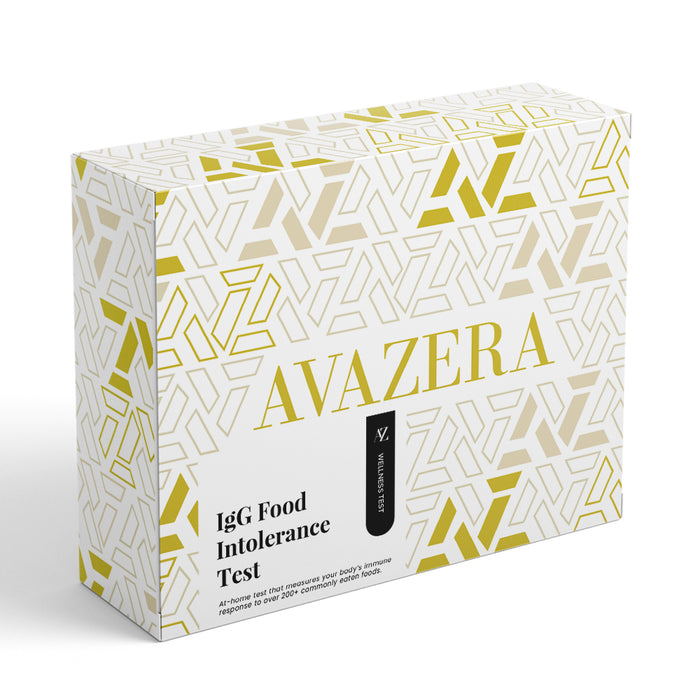Understanding the differences between these three types of food reactions is key to managing your health effectively. While they can share some symptoms, their underlying causes and impacts are very different.
🧪 Food Intolerance
Food intolerance occurs when the body lacks the necessary enzymes to properly digest certain foods. This is not an immune response, but rather a digestive issue.
Common triggers and symptoms may include:
- Lactose intolerance (inability to digest dairy)
- Sensitivity to food additives (e.g., sulfites, MSG)
- Irritable bowel syndrome (IBS)
- Symptoms influenced by stress or psychological factors
🧬 Food Sensitivity
Food sensitivity involves an immune-mediated response—often delayed—that can evolve over time. It is typically associated with elevated IgG antibodies rather than the immediate IgE response seen in food allergies.
Possible triggers include:
- Certain foods (often based on overconsumption or gut imbalance)
- Environmental allergens
- Medications
- Cross-reactivity between related food groups
⚠️ Food Allergy
A food allergy is a more serious and immediate immune reaction, usually triggered by an IgE antibody response to specific food proteins. This hypersensitivity can affect multiple organ systems and may result in a range of symptoms—from mild to life-threatening.
Common facts about food allergies:
- Symptoms can include hives, swelling, digestive issues, breathing difficulties, or anaphylaxis
- Often begins in childhood—many children outgrow food allergies, but not all
- Requires medical diagnosis and, in some cases, emergency treatment (e.g., EpiPen)
🔍 Important Note:
While food intolerances and food allergies can produce similar symptoms—like digestive discomfort or fatigue—they are very different in nature. Intolerances are not immune-related, whereas allergies involve a serious immune reaction. This often leads to confusion, so proper testing and medical consultation are recommended.



